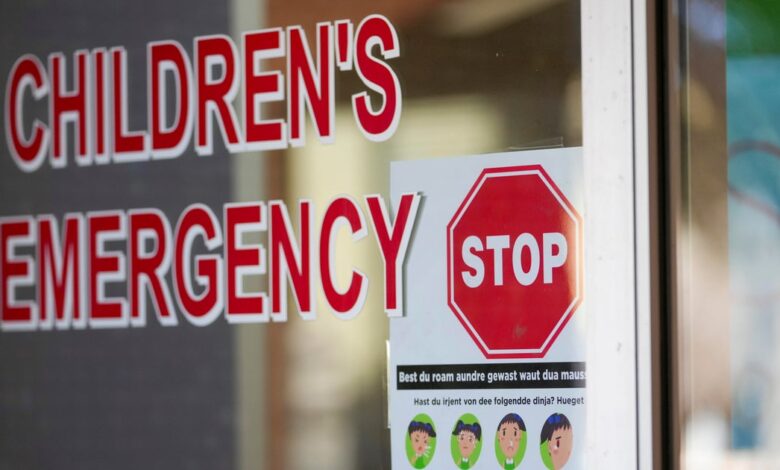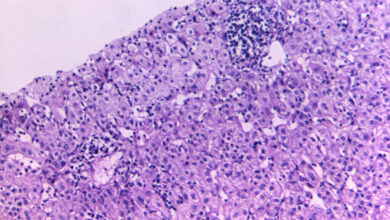4 dangerous measles myths to know as U.S. cases rise

The recent surge in measles cases across the United States has sparked concerns about the spread of misinformation surrounding this dangerous infection. With over 600 cases reported nationwide and two tragic deaths in Texas, it’s crucial to debunk some common myths about measles.
Myth: Measles isn’t serious
Contrary to popular belief, measles is a highly contagious disease that can lead to severe complications, including lung and brain infections that can result in cognitive issues, deafness, or even death. The recent outbreak in Texas has claimed the lives of two children and an adult in New Mexico, highlighting the seriousness of this infection. While some individuals may recover from measles, unvaccinated individuals are at a higher risk of hospitalization and potentially life-threatening complications.
It’s important to note that measles is easily transmitted through infectious droplets in the air, making prevention crucial in stopping its spread. The MMR vaccine, which is 93% effective with one dose and 97% effective with two doses, is a key tool in protecting against measles and its devastating consequences.
Myth: The MMR vaccine isn’t effective
Decades of research have shown that the MMR vaccine is safe and highly effective in preventing measles. The ongoing outbreak in Texas has primarily affected unvaccinated children and teenagers, underscoring the importance of vaccination in preventing the spread of this disease. Before the availability of vaccines, millions of Americans contracted measles each year, leading to thousands of hospitalizations and hundreds of deaths.
Health and Human Services Secretary Robert F. Kennedy Jr., a vocal advocate for vaccine safety, has emphasized the importance of vaccination in curbing the current outbreak. Despite previous claims about the MMR vaccine, Kennedy now acknowledges its effectiveness in preventing measles and protecting public health.
Myth: The MMR vaccine causes autism
Numerous studies have debunked the myth of a link between the MMR vaccine and autism. Vaccines undergo rigorous testing and scrutiny to ensure their safety and efficacy, with thousands of individuals participating in clinical trials before their approval. Organizations like Autism Speaks have also affirmed that vaccines do not cause autism, dispelling unfounded fears and misconceptions surrounding vaccination.
Myth: Vitamin A can prevent or cure measles
While Vitamin A has been shown to reduce the severity of measles in malnourished populations, it is not a substitute for vaccination. In the U.S., Vitamin A deficiency is rare, and excessive intake can lead to liver toxicity. It’s essential to rely on proven preventive measures like vaccination to protect against measles and its potentially devastating consequences.
In conclusion, it’s crucial to separate fact from fiction when it comes to measles and vaccination. By understanding the importance of vaccination and dispelling myths surrounding measles, we can work towards preventing future outbreaks and safeguarding public health.





